Synthetic biology and systems bioengineering
Synthetic Biology and Systems Bioengineering
The field of synthetic and systems bioengineering is based on the premise that living systems are modular, and thus, able to be engineered. This idea has spurred a new movement that has made a substantial impact on molecular and cell biology. In regard to basic research, synthetic and systems biology takes inspiration from the philosophical reflections of Feynman, i.e., “what I cannot create, I do not understand.” In SBHSE, we design genetically encoded information and cell micro environments to gain a deeper understanding of living things as well as to generate useful products, such as advanced medical treatments. Here, you will find research and coursework in engineered gene networks, policy and governance, biological network modeling, and biomaterials for multicellular systems.
Explore the list of our faculty who work in this research area below.
David Brafman
David Brafman
Assistant Professor

Expertise
Pluripotent stem cells, neurodegenerative disease, developmental biology, regenerative medicine biomanufacturing, gene editing
Laboratory: The Stem Cell Bioengineering Lab utilizes human pluripotent stem cells (hPSCs) to address fundamental questions about human development, model and study disease, and develop methods for cell-based therapies. To that end, they have developed an interdisciplinary approach that combines various aspects of developmental biology, genetic engineering, biomaterials science, and bioinformatics to investigate the chemical, biological, and physical stimuli that govern stem cell fate.
Emma Frow
Emma Frow
Assistant Professor
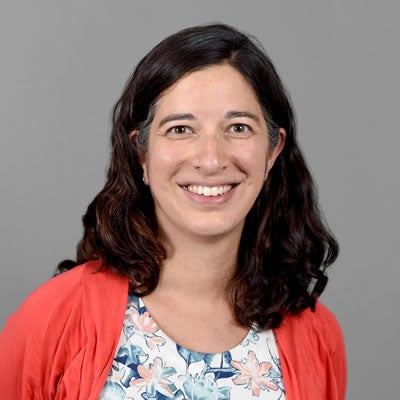
Expertise
Bioengineering, policy and society; governing emerging biotechnologies
Laboratory: The Bioegineering, Policy and Society Laboratory uses qualitative social science research methods to study and influence the governance of emerging biotechnologies. Our work involves engaging with scientists performing cutting-edge research, potential users of new biotechnologies, and policy actors shaping the governance landscape for bioengineering. Current research projects focus on design and automation in synthetic biology, the governance of experimental stem cell treatments, and the future of engineering education.
Vincent Pizziconi
Vincent Pizziconi
Associate Professor
![]()
Expertise
Medical device design innovation & regulation, cell & tissue regenerative medicine products, biomanufacturing, bioinspired & biomimetic complex adaptive biosystems, space bioengineering.
Laboratory: The Laboratory of BioInspired Complex Adaptive Systems seeks to understand the biodesign heuristics of integrative bionanosystems that can lead to the design and development of bioinspired advanced diagnostic and therapeutic components, devices and systems.
Christopher Plaisier
Christopher Plaisier
Assistant Professor
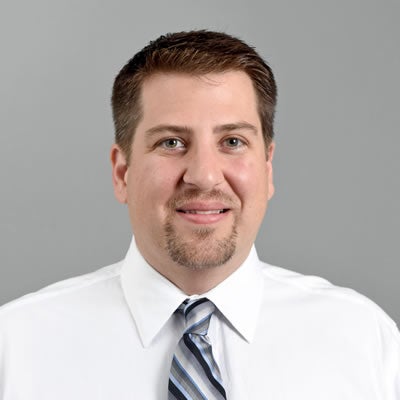
Expertise
Systems biology, transcriptional regulatory networks, cancer, immunology
Laboratory: The Plaisier Laboratory uses omics-level snapshots of complex biological systems to inform computational models that: reveal biological underpinnings; describe the state space of biological systems; and allow the prediction of interventions that push the system towards beneficial states (for example non-cancerous or healthy). We focus on developing and applying experimental and computational approaches that when integrated together build predictive models of cancers derived from single tumor cells, whole heterogeneous tumors, and patient clinical data. These predictive models of tumors are then used gain insights into tumor biology and identify the best possible interventions for a given tumor, such as a drug or combination of drugs.
Xiaojun Tian
Xiaojun Tian
Assistant Professor
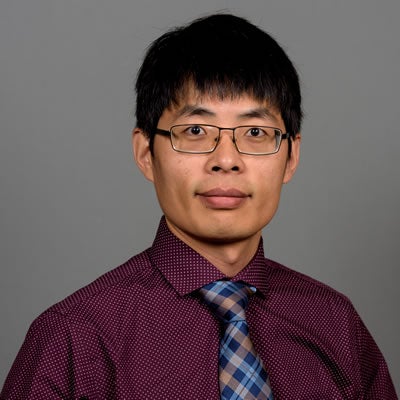
Expertise
Systems biology, synthetic biology, nonlinear dynamics gene circuits, EMT
Laboratory: The Tian Laboratory combines multidisciplinary modeling and quantitative experimental approaches to elucidate the mechanisms of complex biological processes and complex diseases. Now the lab focuses on understanding 1) the underlying design principles of cellular phenotype transition and pathological phenotypes transition, 2) how do individual cells from multicellular organisms use multiple layers of regulation to achieve the cellular phenotypes maintenance and transition, 3) how do cells communicate with each other through paracrine and autocrine to establish complex pathological phenotypes in tissue level and 4) searching optimal treatment designs for complex diseases.
Kuei-Chun (Mark) Wang
Kuei-Chun (Mark) Wang
Assistant Professor
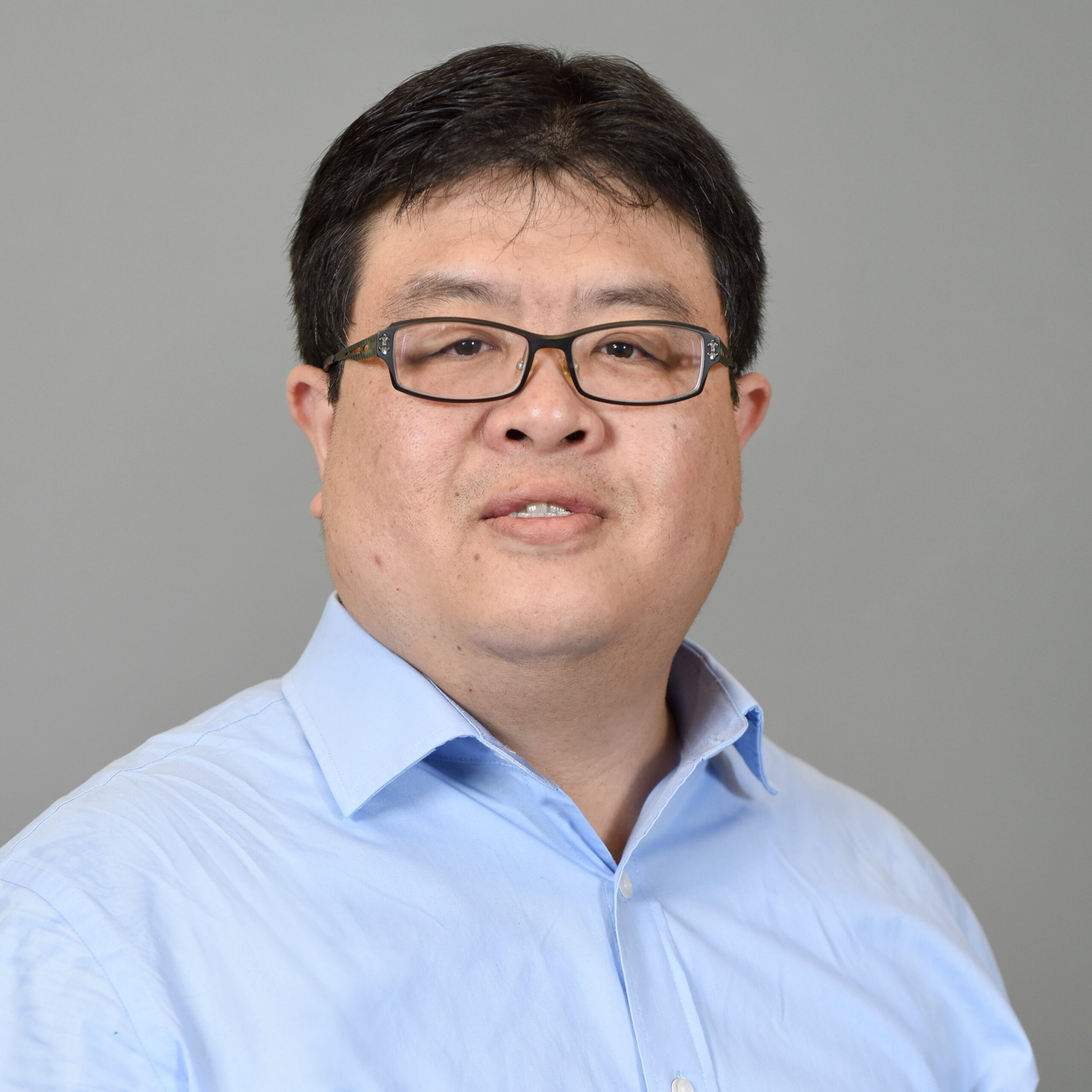
Expertise
Mechanobiology, cardiovascular disease, vascular bioengineering, nanomedicine
Laboratory: The Wang laboratory use the systems biology approach combining
in vitro and in vivo models, to investigate how biophysical stimuli in arterial microenvironment, such as blood flow patterns and vascular stiffening, control transcriptional and epigenetic regulation to modulate vascular functions. We are also interested in developing novel lesion-targeted nanomedicine to reverse gene dysregulation in vascular cells and prevent disease progression.
Xiao Wang
Xiao Wang
Associate Professor
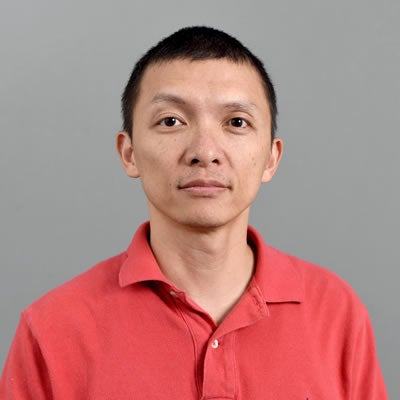
Expertise
Synthetic and systems biology
Laboratory: The Xiao Laboratory works to understand and exploit the effects of nonlinear dynamics and stochasticity in engineered gene networks in microbes, and extrapolate this knowledge to the understanding of cell differentiation and development in higher organisms. Emphasis is placed on researching multistable gene networks, systems biology on small network motifs with feedbacks, the role of noise in cell differentiation, and development in conjunction with molecular evolution.